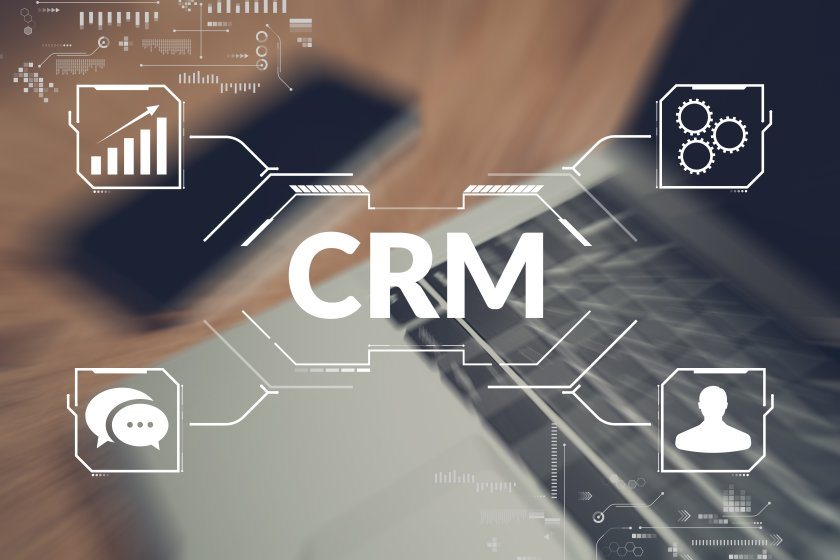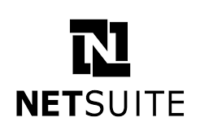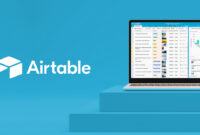In the senior living industry, customer relationship management (CRM) is becoming increasingly important. With the rise of technology and the need for improved communication, senior living communities are adopting CRM systems to manage their relationships with residents and families.
In this article, we’ll explore how senior living CRM is changing the game for communities, and why it’s crucial to stay up-to-date with the latest technology trends.
What is a Senior Living CRM?
A senior living CRM is a software system that enables senior living communities to manage and track interactions with residents and families. It allows communities to keep track of leads, automate follow-up emails and phone calls, and store important resident and family information.
Why is CRM Important for Senior Living Communities?
CRM is important for senior living communities because it helps them to improve communication with residents and families, and ultimately provide better care. By tracking resident and family interactions, communities can gain insights into their needs and preferences and tailor their care accordingly.
Additionally, a senior living CRM can help communities to streamline their operations and reduce administrative burden. With automated follow-up emails and phone calls, staff can focus on providing care rather than chasing leads. And with centralized resident and family information, staff can quickly access the information they need to provide quality care.
How is Technology Changing Senior Living CRM?
Technology is changing senior living CRM in several ways. First, the rise of cloud computing has made it easier for senior living communities to implement and manage CRM systems. With cloud-based solutions, communities don’t need to worry about maintaining their own servers or IT infrastructure. Instead, they can rely on a third-party provider to handle the technology side of things.
Second, advances in artificial intelligence (AI) and machine learning are making it easier for communities to personalize their interactions with residents and families. With AI-powered CRM systems, communities can analyze resident and family data to better understand their needs and preferences. This allows them to provide more tailored care and improve resident satisfaction.
Finally, mobile technology is enabling senior living communities to stay connected with residents and families no matter where they are. With mobile CRM apps, staff can access resident and family information on-the-go and quickly respond to inquiries or concerns. And with mobile messaging, communities can communicate with residents and families in real-time, improving overall communication and engagement.
What are the Benefits of Senior Living CRM?
There are many benefits to implementing a senior living CRM system. Here are a few key benefits:
- Enhanced Communication: A senior living CRM can help providers stay in touch with potential residents and their families throughout the sales cycle. By keeping lines of communication open, providers can answer questions, provide updates, and address concerns in a timely and effective manner.
- Increased Efficiency: With a senior living CRM, providers can automate and streamline many tasks associated with the sales process. This includes lead tracking, follow-up reminders, and appointment scheduling, freeing up staff to focus on other important tasks.
- Improved Data Management: A senior living CRM can help providers keep track of a wide range of data points, from lead sources and demographics to move-in dates and resident preferences. This information can be used to inform marketing strategies, personalize communications, and improve overall resident satisfaction.
- Better Insights: With access to a wealth of data, senior living providers can gain valuable insights into their sales funnel, occupancy rates, and resident satisfaction levels. This information can be used to make data-driven decisions and optimize marketing efforts.
- Increased Occupancy: By streamlining the sales process, improving communication, and using data to inform marketing strategies, senior living providers can ultimately increase their occupancy rates and boost their bottom line.
Conclusion
In conclusion, senior living CRM is becoming increasingly important in the senior living industry. By enabling communities to improve communication, streamline operations, and provide personalized care, CRM systems are changing the game for senior living communities.
As technology continues to evolve, it’s important for senior living communities to stay up-to-date with the latest trends and technologies. By embracing new technologies such as cloud computing, AI, and mobile technology, communities can continue to provide the best



